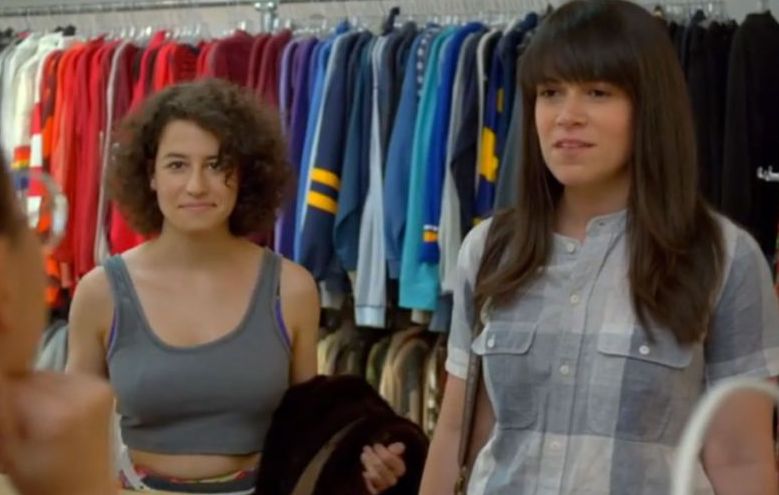Why We Need To Ditch Donating Stuff To Op Shops (And What To Do Instead)
A charity shop isn't your dumping ground.

Australia, we have a waste problem. Alongside the single-use coffee cups and the way we (hardly) recycle, our abuse of second-hand shops and charities is a reflection of the relationship our society has with consumption.
Charity bins are available for us to allow the goods we longer want to go to someone who does. As such, charities get much-needed funds for their community programs and services. But, instead of using this opportunity to do someone else some good, Australians seem to be abusing the much-loved system.
A Charity Shop Isn’t Your Dumping Ground
Please, for the love of all things sustainable, we need to stop using charity bins and second-hand shops as a dumping ground. Charities are overwhelmed with goods. You’d think donating unused items is a good thing, but they’re often carting stuff that hasn’t been sorted straight to the tip – purely because they don’t have the resources to sift through broken, ruined or unusable items to find the ones someone may be willing to buy.
Australians are also using charity bins and second-hand shops as a place to offload the things we no longer want.
One culprit is fast fashion – that’s your cheap clothing you only wear twice before it’s out of season. We seem to think recycling and reusing is the answer to our love of fashion consumption but cheap clothing doesn’t last long; often unravelling, stretching or ripping after a few wears. This means fast fashion isn’t great to re-sell.
Australians are also using charity bins and second-hand shops as a place to offload the things we no longer want, no matter the condition. Donations are flooded with broken lamps, damaged sheets or snapped high heals, all of which take time and resources to find and dispose of.
With only 10 per cent of donations ending up for sale, we need to rethink how we’re using this resource and the hardship our abuse can cause. The concerns are not because these op shops are too busy, or picky, or only want things worth lots of money. It’s a matter of using the best available resources. So instead of dumping your stuff at your local op shop, here are some ways of combating our love affair with creating waste.
Give Things Away For Free
If you post an item on a buy, sell and swap page or free, someone who actually wants the item will collect it, even if it’s broken (just make sure you let them know beforehand). People will only make the effort of picking up an item if they plan to do something with it.
Repurpose
Do you have a shirt that’s changed colour? Or jeans with a hole so big your leg could fit through? Well, instead of chucking the item in a bin, hoping someone else might want it (perfect example of something that will definitely not be sold), have a think about how you can cut, dye or change a piece to make it like brand new.
YouTube offers an abundance of tutorials about re-purposing items, some even made specifically for those who don’t want to sew.
Make Better Choices
If you’re keen to really kick your fast fashion habit, the best way is to start questioning every item of clothing you buy. Do you really need that $5 fluoro tee? Would it be better to fork out $120 on jeans that will last you three years instead of cheap ones that will only last three months? Purchasing quality over quantity means your clothing will likely last longer and your wardrobe will contain items you won’t get sick of in three weeks.
Next time you plan a trip to the op shop to drop off your unwanted goods, think to yourself, “Would someone actually pay money for this?” or “Is it good enough to give to a friend?”
(Lead image: Broad City/Comedy Central)